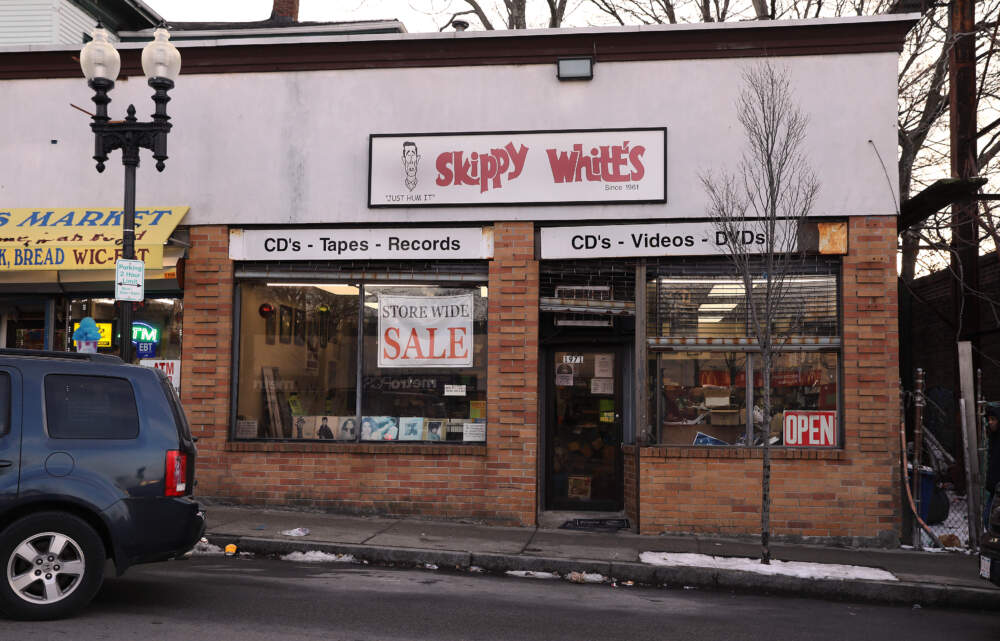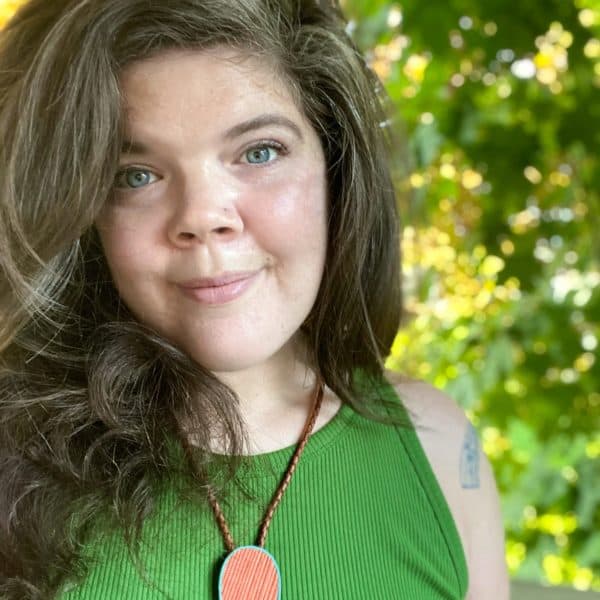Advertisement
Skippy White on the decades he brought R&B and soul music to Boston's radio waves
Resume
Skippy White is a legend in Boston. He owned numerous record shops and was a well-known radio DJ at WILD 1090 AM. Through both, he brought the latest R&B, gospel, doo-wop and soul to the city at the time when no one else was selling or playing these genres on the radio.
Artists Americans now celebrate like Otis Redding, Tina Turner, and BB King were promoted and supported by White. At a time of racial unrest in Boston, he was introducing the work of Black musicians to experienced and new listeners alike.
On Aug. 24, Skippy White, now in his late 80s, is putting on a blues and soul revue at Medford's Chevalier Theatre. He joins us to talk about his legacy, how he fell in love with rhythm and blues and what it has meant to share that love with his city.
Below are highlights from this conversation, which has been lightly edited.
Interview Highlights
On how he got his first radio show in 1960 on WILD, 1090 AM, after a meeting with Nelson Noble, who back then owned the station:
"I sat with him in his office, and I told him what I was proposing: to program rhythm and blues music on his station. At the time, the station was playing mostly Frank Sinatra, Dean Martin, and what I call 'elevator music.'
"So, he said, 'I like your idea,' and he assumed that I wanted to do this show myself. Now, I had never been on the radio to this point, so he asked me, 'well, you've got some experience — you've been on the air before, right?' Well, I thought about it, and how do you answer that question? If I said no, which was the truth, probably I'd lose out on this whole thing. So I had to fib a little ... and I told him that, you know, I had had some on-the-air experience. And so he ended up giving me some time on a Saturday afternoon. Later on, [we] added Sunday to the programming that I did. It was called the 'R&B Caravan Show.' "
On how he got his DJ name: Skippy White
"One of the disc jockeys that he hired was from New York City. His name was Fred Mack. Now I was on the air originally as Fred White. So everybody said to me, 'You know, you're going to get lost in the shuffle. When this guy gets here and goes on the air, Fred Mack, Fred White, too similar. You are really going to get lost. You need a nickname.'
"So somebody suggested Skippy. And I said, 'No, it sounds like dog food or, uh, peanut butter.' I just was not very high on that name. But I thought about it that night because the next day was Saturday morning, and I was going to be on the air. So I had to decide what I'm going to do, what I'm going to call myself because Fred Mack, who had just been hired, was going to start Monday. So what do I do?
"So Saturday I go on the air and I put the microphone on and I call myself Fred Skippy White. Well, when the phone rang and people called in and wanted to request a record, they all called me Skippy. And they seemed to like it."
On hanging out with Tina Turner in Boston
"Jimmy Bird and I took Ike and Tina Turner out to eat. And, we brought them to Slade's. And we sat there and had a great time eating the food and naturally had great conversation with them.
"The only problem that I had was Tina was looking so good. She was looking fabulous. And so every time the conversation turned to Tina and I looked at Tina, you know, how do you get your eyes off of Tina? Not so easy. And every time I would look at Tina, at the corner of my eye, I would look over at Ike. And Ike was looking at me with daggers coming out of his eyes to mine."

On his record shops serving as a community space in the city during a time of racial unrest
"I treated my customers, I think, a little differently than most other record store owners because when you walked in the door of my store, I greeted the people. I shook their hands, I greeted them, I hugged them, and I made them feel welcome. And so not only did I find the record that they were looking for — whether they hummed it or gave me a few words in it — they were happy to be able to come in the store and find what they wanted.
"And it always seemed that I had exactly what they wanted. So for that reason, they had a different feeling about me and my stores. ... Over the years — don't forget I was in business for 60 years, that's a long time. And I watched people grow up. I remember them when they came in when they were 8, 9, 10 years old, or a teenager, and I watched them go to high school, go to college, get jobs. Next thing you knew a few years went by, and they came in and they had gray hair. So, yeah, I was there with my clientele watching them grow up."
This article was originally published on August 08, 2024.
This segment aired on August 8, 2024.

